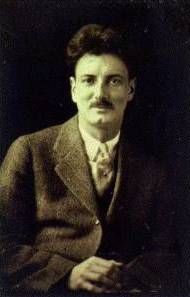
lewis mumford
1895-1990
Internationally renowned for his writings on cities, architecture, technology, literature, and modern life, Lewis Mumford was called by Malcolm Cowley, "the last of the great humanists." His contributions to literary criticism, architectural criticism, American studies, the history of cities, civilization, and technology, as well as to regional planning, environmentalism, and public life in America, mark him as one of the most original voices of the twentieth-century.
Born in Flushing on October 19, 1895, Mumford lived much of his life in New York, settling in Dutchess County in 1936 with his wife Sophia, in Amenia, where he died over a half-century later, on January 26, 1990. His first book, The Story of Utopia, was published in 1922, and his last book, his autobiography Sketches from Life, was published sixty years later in 1982.
Mumford preferred to call himself a writer, not a scholar, architectural critic, historian or philosopher. His writing ranged freely and brought him into contact with a wide variety of people, including writers, artists, city planners, architects, philosophers, historians, and archaeologists. Throughout his life, Mumford sketched and painted his surroundings, visualizing his impressions of people and places in image, as his ever-present notepad visualized them in words.
He was architectural critic for The New Yorker magazine for over thirty years, and his 1961 book, The City in History, received the National Book Award. In 1923 Mumford was a cofounder with Clarence Stein, Benton MacKaye, Henry Wright and others, of the Regional Planning Association of America, which advocated limited-scale development and the region as significant for city planning.
lewis mumford centermegathinker and master of the metaphorbibliography














